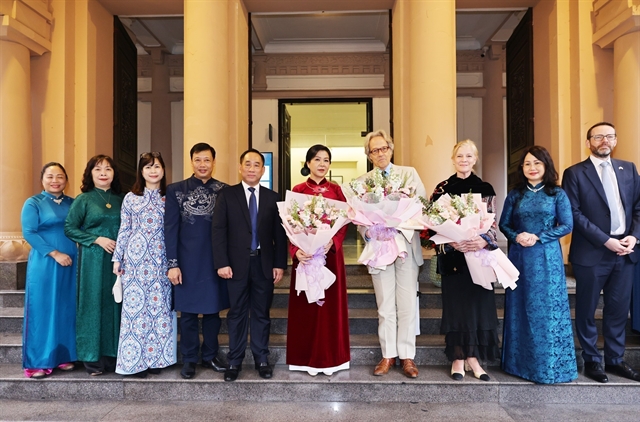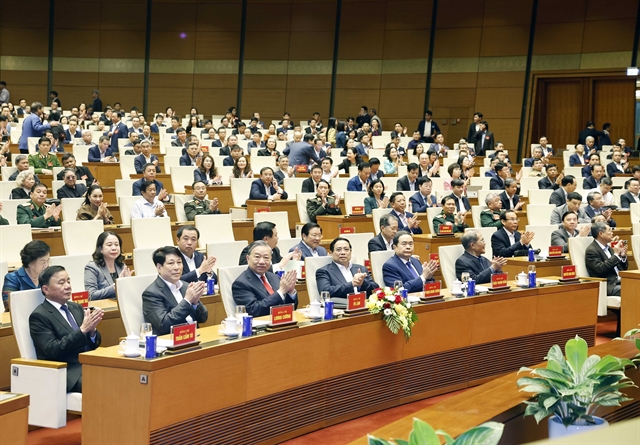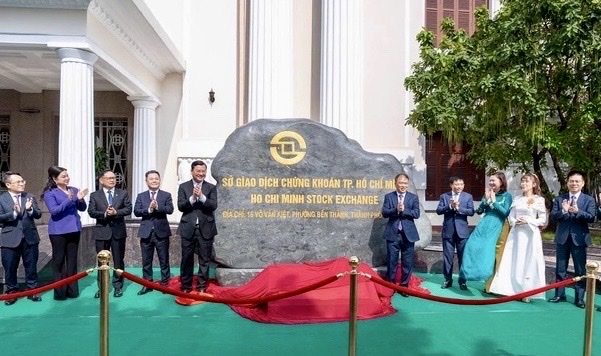 Society
Society

Tredene Dobson, New Zealand Ambassador to Việt Nam, and Patrick Haverman, Deputy Resident Representative of the United Nations Development Programme (UNDP) in Việt Nam, speak to Việt Nam News about the nation’s gender equality efforts as well as support and experience shared from international partners in this area.
Tredene Dobson, New Zealand Ambassador to Việt Nam
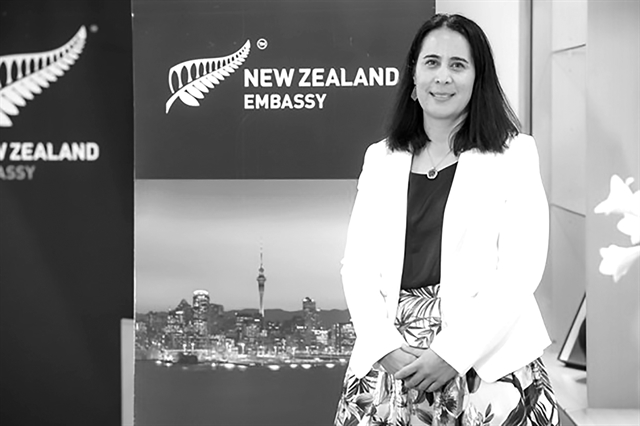 |
| Tredene Dobson, New Zealand Ambassador to Việt Nam. Photo courtesy of the embassy |
Ensuring gender equality is a very important issue for both Việt Nam and New Zealand. Both countries have taken significant steps trying to bridge some of the gaps in the areas of gender equality over a long time.
There's much that both countries can be proud of. I think the Vietnamese women's contribution to the labour force is very well known.
New Zealand is well known for being the first country in the world to give women the vote. Last year New Zealand became the first country in the world to have a majority women parliament.
There are a lot of things for us to be proud of, and much to bring both countries together. We've shared a lot of experiences and this is something that I think Việt Nam does very well: it's very good at reaching out to its partners and friends and areas that are a priority for Việt Nam and saying: Do you have experience that we might be able to draw on?
I think we have some expertise, particularly in socio-economic development.
For example during COVID-19, in Việt Nam most of our development package was targeting women working in the informal sector, low-paid areas and those hardest hit by the pandemic.
That helped women who needed to help their families survive throughout the pandemic, who couldn't work because of the pandemic, and ensured that they had economic resources. We could also provide the resources for women to build new businesses or micro enterprises to help their families.
We did that all the way through Việt Nam, from down in the deep south all the way up into the far north, working with our development partners here.
I've heard so many success stories of women who have been able to continue with those businesses that they started during the pandemic.
We also bring a gender lens to all our development programming. In our programmes about disaster risk management, for example, which are about trying to prevent major dam breakages and flooding, we look at the impacts on women within the community. We try to involve more women in those projects, including experts, because there are a lot of really incredible women engineers in Việt Nam.
Similarly we have a very strong agriculture programme with a gender lens because we know how important women are to the agricultural sector in Việt Nam.
Our newest project we have here is working with passion fruit growers. We're going to be working with a lot of women and some of Việt Nam's ethnic minority communities, helping to increase the yield of passion fruit growers. So again, that's going to have a really positive economic impact as well.
We are at the early stages of developing new strategies, particularly in areas like gender-based violence and intimate partner violence.
Much like Việt Nam, we actually have quite serious issues in New Zealand. So I think there is potential for cooperation in such areas. Both countries have serious issues that they're trying to work on. We have a common interest and are trying to work in the prevention space.
We do have a lot of media collaboration with Việt Nam. I would suggest this is one area where we should focus more on events in the coming years.
Patrick Haverman, Deputy Resident Representative of UNDP in Việt Nam
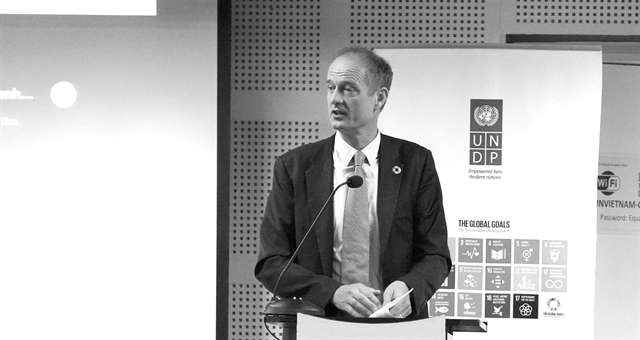 |
| Patrick Haverman, Deputy Resident Representative of UNDP in Việt Nam. Photo courtesy of UNDP |
Considerable progress has been made in gender equality in Việt Nam in education, health and labour participation.
There's a national strategy in place, although I think more attention could be focused on the implementation of the strategy.
Most of the targets were met. I think one target was missed, that of women in political participation. But in general, progress has been made with much more progress possible.
As UNDP, we are supporting the government and the sustainable development goals. Gender equality is one of our signatory solutions.
UNDP is working on women's political participation, and retraining female leadership together with Hồ Chí Minh Academy to make sure that females are ready to use power. We want to see more equal participation at the province level, the National Assembly, everywhere in political participation. A more balanced participation results in better decisions.
We can also see from our Việt Nam Provincial Governance and Public Administration Performance Index (PAPI) survey that some provinces are already having more females in leadership.
We also support small and medium-sized enterprises. We have a project together with Canada where we are training female entrepreneurs for social enterprises. Enterprises make money, but at the same time do good for society. They are often led by female entrepreneurs.
In the media sector, we are working with Việt Nam Association of Journalists on a gender-inclusive handbook on reporting on vulnerable groups, to be published before the end of this year. VNS

